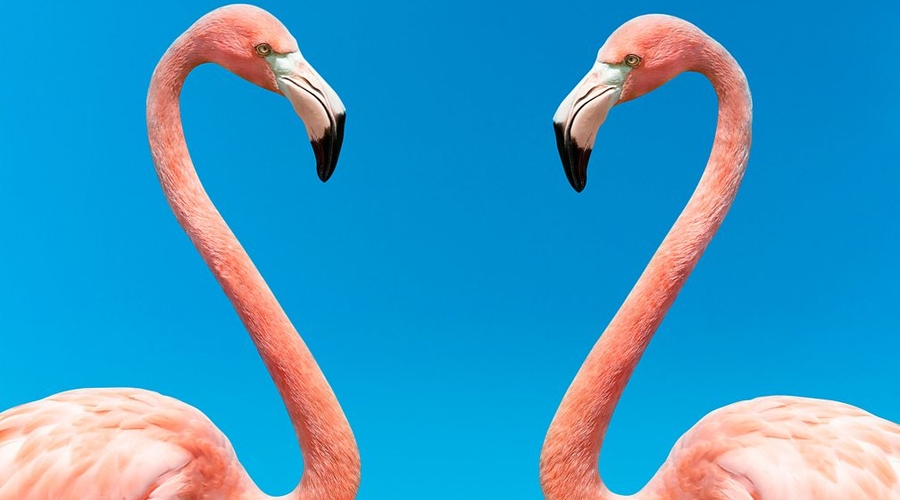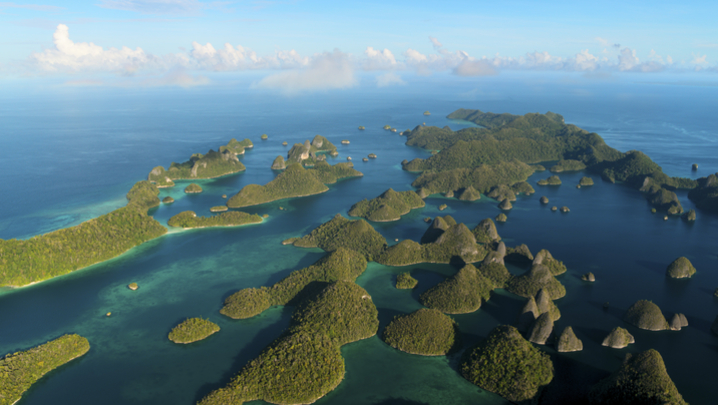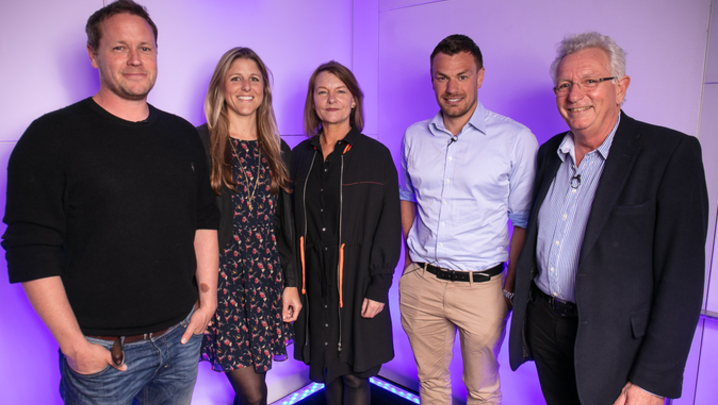The reality of what happens within nature is as theatrical and powerful as any primetime drama.
From climate change, to clothing sustainability, to mating rituals, there are documentaries encompassing all elements of nature.
Here are some of our favourites.
Cowspiracy: The Sustainability Secret
Netflix
The environmental documentary from filmmaker Kip Andersen uncovers the most destructive industry putting the planet at risk, but some environmental organisations are reluctant to talk about.
Anderson reveals that animal agriculture is the leading cause of deforestation, water consumption and pollution.
Plus, it is the primary driver of species extinction, habitat loss, ocean dead zones and many other environmental ills.
While trying to uncover why there seems to be an intentional refusal to discuss the problems relating to animal agriculture, he encounters whistle-blowers and watchdogs who warn him of risks to his freedom and even his life if he persists.
The documentary also shows a path that could allow global sustainability for a growing population.
Green Planet
BBC iPlayer
David Attenborough uncovers a world where a single life can last a thousand years, showing viewers things no human has ever seen.
The series explores plant life within the rainforest, water, desert and across the seasons.
Using ground-breaking filming techniques, the latest developments in robotics and detailed thermal cameras, Attenborough shows how vegetation impacts the lives of all living things across the Earth.
Travelling across North America, Costa Rica, Croatia and Northern Europe, Attenborough reveals that plants are just as aggressive, competitive and dramatic as animals, and are in constant battles for food, light and to reproduce.
The Earthshot Prize: Repairing Our Planet
BBC iPlayer
The Earthshot Prize is a global environmental prize launched by Prince William and The Royal Foundation in October 2020.
The prize aims to champion those who are leading the way with cutting edge solutions to environmental issues so there are at least 50 solutions to the worst environmental problems by 2030.
Each episode focuses on one of the missions and the 15 finalists for the prize are revealed across the series.
Prince William, David Attenborough and special guests look at solutions regarding the amount of waste we produce, ways to reduce damage to the oceans and how to improve air pollution and reverse climate change.
ReDress The Future
WaterBear
Hosted by Mikaela Loach, a climate justice and medical activist, ReDress The Future investigates our relationship with unsustainable fashion and how we can create better habits.
The polyester that is often used by fast fashion brands to make cheap clothes is a by-product of drilling for oil and gas, which is contributing to rising temperatures.
Loach meets innovators who are coming up with ideas to make the fashion industry sustainable, such as decreasing consumption, interrogating problems around workers' rights, and the pricing point and sizing options of clothing.
The Mating Game
BBC iPlayer
In the animal kingdom finding a mate isn’t just about love, but more crucially about the survival of an entire species.
Through gestures, deception, flamboyance and fighting, animals on both land and sea try to pursue and win a partner.
The documentary with David Attenborough captures the never before filmed mating display of the Argus pheasant in the Borneo rainforest, and ostriches that defend their harem from younger males with a kick powerful enough to kill a lion.
Often what is witnessed is many males fighting for the attention of females, trying to do whatever they can to impress them.
Our Planet
Netflix
Narrated by David Attenborough, Our Planet explores the natural beauty of the planet, with breathtaking footage of rarely seen animals across the forests, deserts and sea.
The documentary looks at the impact of climate change on the diversity of habitats across the world, from disappearing species to the spread of diseases and shrinking habitats.
Our Planet acts as a wake-up call to viewers who need to change their behaviours towards the planet and gives an urgent message that we must act before it’s too late, because protecting the planet’s ecosystems are crucial to our survival.
It took over 600 crew members to create the series, which was filmed in 50 countries and took more than 3,500 days, all to help understand the challenges our world faces.
Chasing Ice
Amazon Prime
In the spring of 2002, renowned environmental photographer James Balog was sent on assignment to the Arctic by National Geographic.
His mission was to take images that demonstrated the Earth’s changing climate. What Balog saw set him on a path to gather undeniable evidence that the planet is changing in destructible ways.
Using revolutionary time-lapse cameras across the Arctic for multiple years, Balog recorded the world’s changing glaciers and the disappearance of ancient mountains of ice at a shocking rate.
The expedition wasn’t without issues, ranging from numerous technical problems to camera malfunctions and extreme physical conditions.
Blackfish
Netflix
Director-producer Gabriela Cowperthwaite follows the story of Tilikum, a performing killer whale that killed several people while in captivity.
Putting together shocking footage and interviews, Cowperthwaite investigates the nature of the creature and the cruel treatment it endured during captivity at Seaworld.
Plus, the lives, losses and pressures faced by the trainers who are forced to answer to a billion-dollar sea park industry.
The documentary suggests that captivity and harassment by fellow orcas contributed to Tilikum’s rage, and the extreme stress orcas face when separated from their offspring.
The Year Earth Changed
Apple TV +
2020 is the year that everything changed when the coronavirus pandemic spread across the world and changed peoples’ lives and therefore changed nature.
The global lockdown led to whales communicating in a way they never have before, capybaras wandering the South American suburbs and the Himalayas being visible for the first time due to the lack of pollution.
The documentary shines a light on the impact human behaviour has on nature and the small changes we could make to have a big positive difference in the environment.
March of the Penguins
Amazon Prime
Every year at the end of summer, the emperor penguins of Antarctica make the long journey away from the ocean to their ancestral breeding grounds inland.
It is there that the penguins mate and, in order for the resulting chicks to survive, the parents must make the dangerous journey between the ocean and breeding grounds in order to feed them.
Directed and co-written by filmmaker Luc Jacquet, it took cinematographers Laurent Chalet and Jérôme Maison one year to shoot the documentary.
Our Great National Parks
Netflix
Narrated and executive produced by Barack Obama, the five-part series shows viewers an array of landscapes, seascapes and animal shenanigans.
The series includes the Tsavo East National Park in Kenya, the Great Barrier Reef in Australia, Monterey Bay National Marine Sanctuary in California, Gunung Leuser Park in Indonesia and the national parks of Chilean Patagonia.
The cameras catch the awe-inspiring sights of black rhinos gathering around the waterhole at night, stag beetles fighting for a mate and a two-month-old orca hunting for a gray whale calf.





